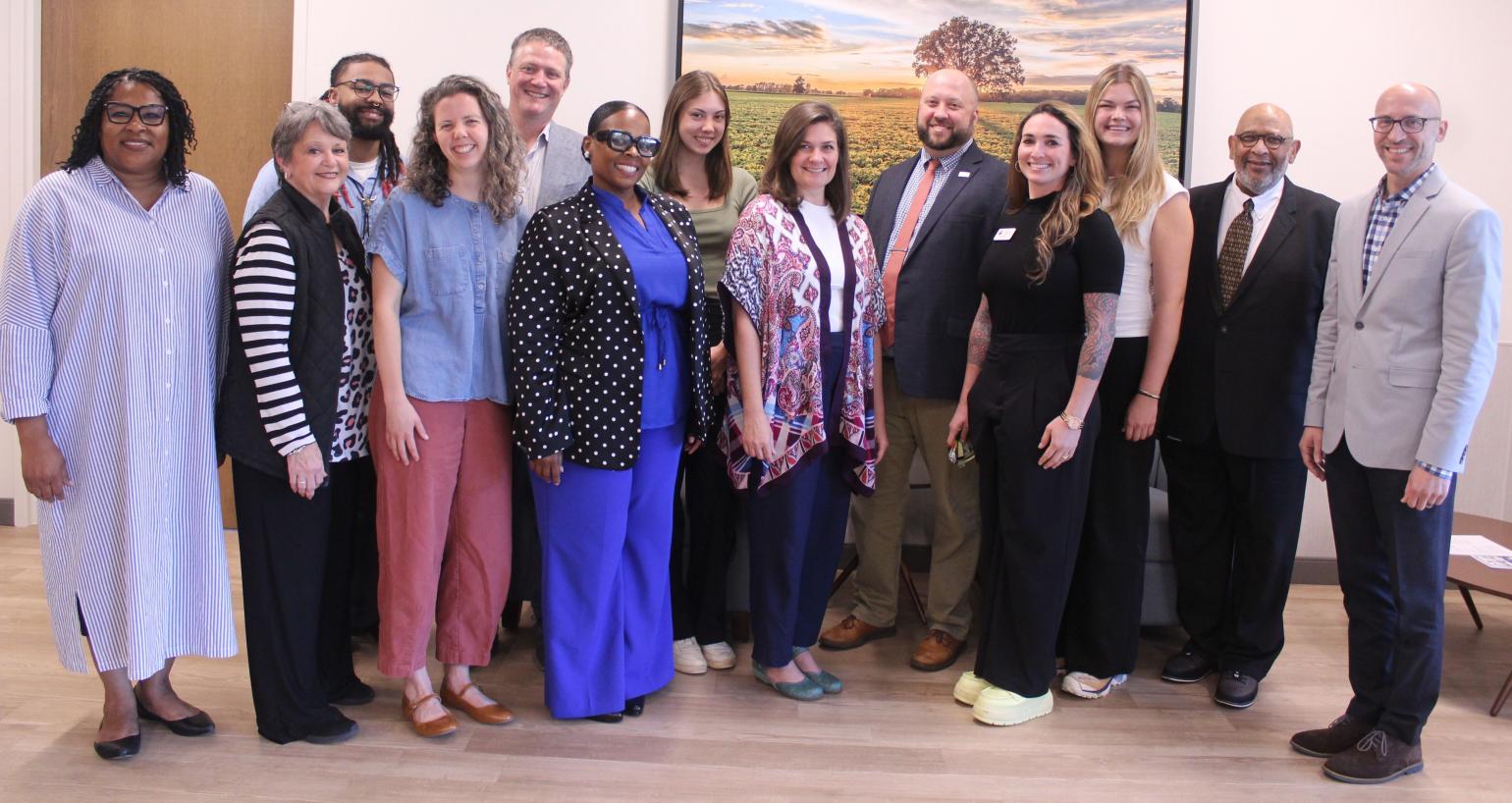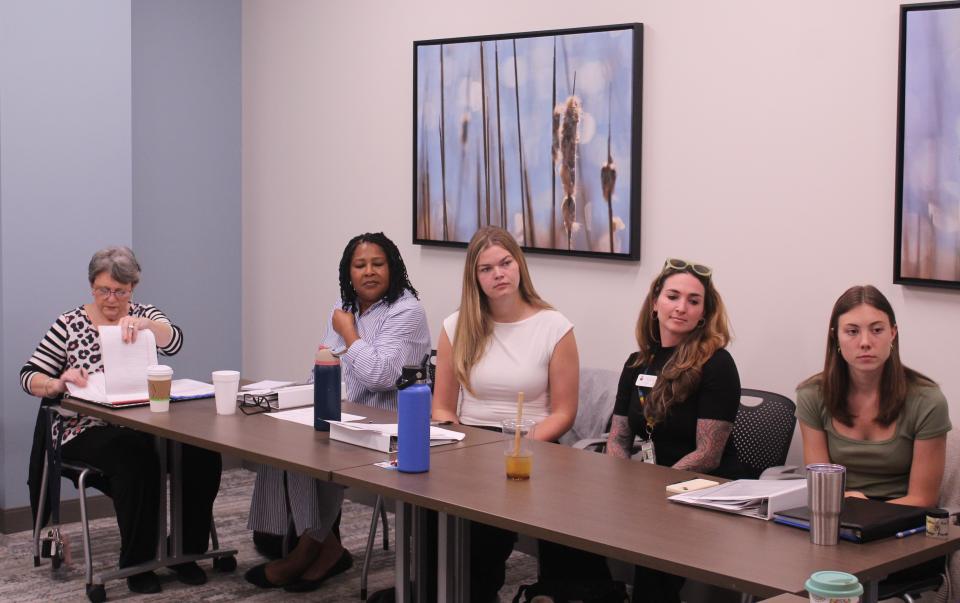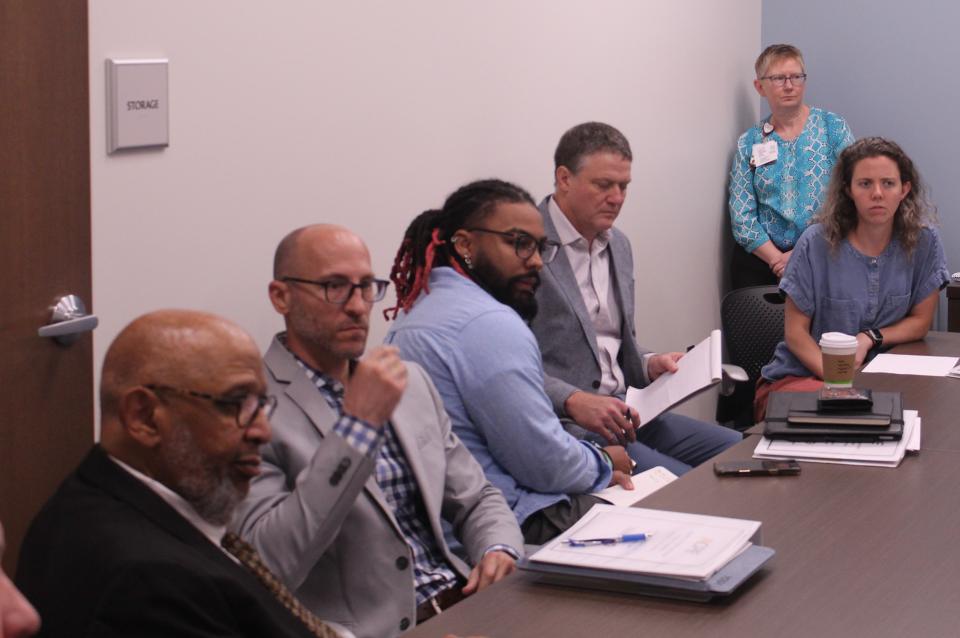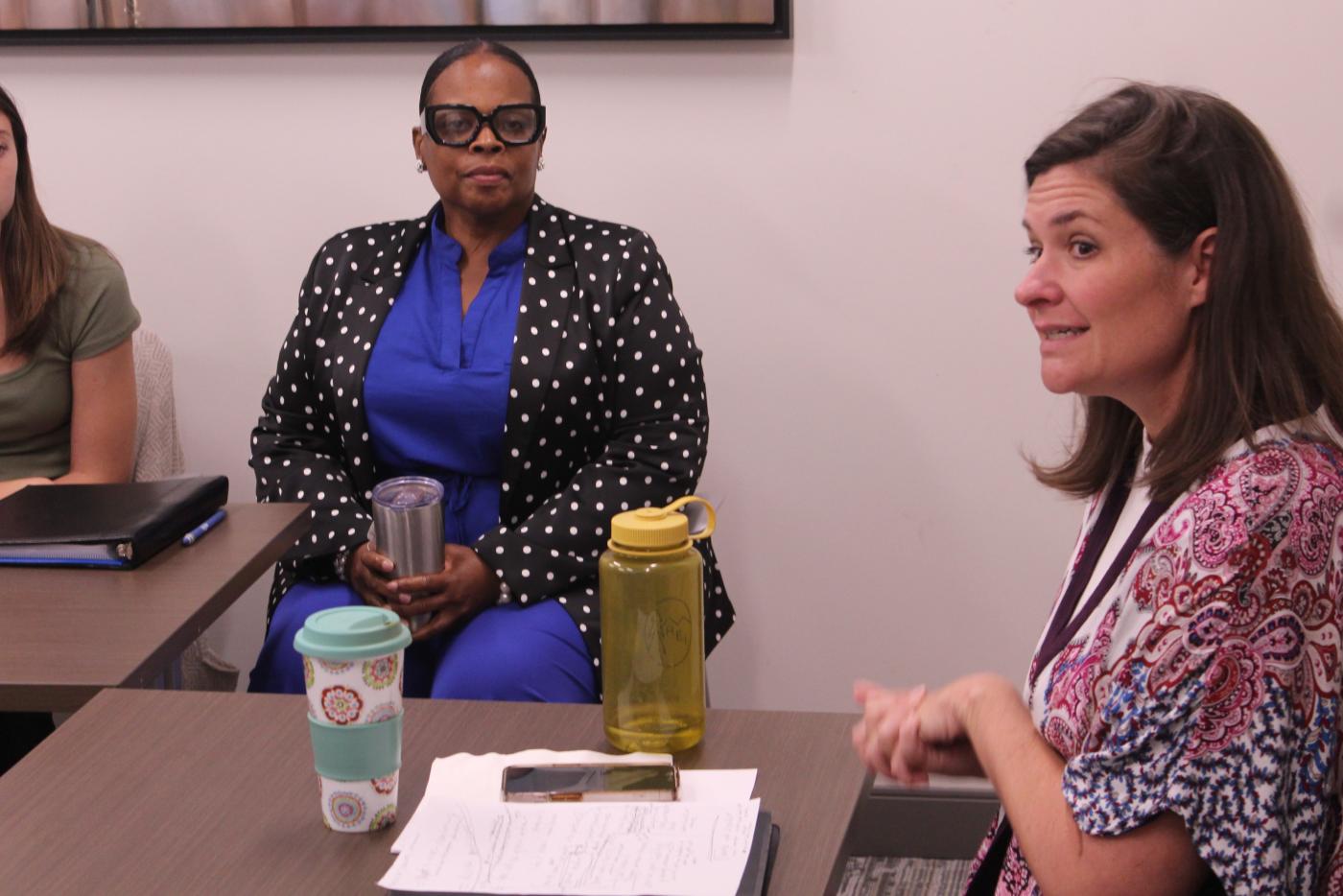Author: Jerry Higgins, Communications Officer

The North Carolina Department of Adult Correction and WakeMed Health & Hospitals have entered a pilot partnership to train potential prison chaplains through the health system's Clinical Pastoral Education program. This partnership is a first-in-the-nation pilot for a CPE program and state prison system.
CPE training has been focused on training chaplains and spiritual caregivers in hospitals and hospice centers. There has not been a formal prison CPE training program in North Carolina, and this partnership has the potential to not only increase the number of potential prison chaplains but also move NCDAC toward one day becoming a certified CPE site.

“Clinical Pastoral Education is a requirement for our NCDAC chaplains,” said Dr. Sarah Jobe, the NCDAC Interim Director of Pastoral Services. “It’s how you learn to move from your specific denominational or religious tradition to offer care to people of any or no faith tradition. One of the great things about our chaplains is that they operate in their own faith traditions but offer care to all people in our care.”
The pilot will involve six WakeMed CPE interns who are either working on or have completed their Master of Divinity degrees. The students will spend one day in a Triangle-area state prison – North Carolina Correctional Institution for Women, Granville Correctional Institution, Orange Correctional Center, and Central Prison – working with the facility chaplains and one day at the WakeMed Cary Hospital taking classes and providing spiritual care in the hospital. The CPE program requires students to serve 300 hours divided between the state prison and hospital.
Last spring, Dr. Jobe reached out to Dr. Jeremy Gilmore, the Director of Spiritual Care at WakeMed, whose background included a start in jail ministry in Indiana. WakeMed has been a leader in CPE for more than 50 years and has produced more than 900 chaplains.
“An important part of the mission of WakeMed is to provide compassionate care to all. This aligns with what people of faith are supposed to do, which is care for others,” Dr. Gilmore said. “Sarah reached out to me in the spring and had a vision to have more chaplains in prisons, but the majority of (CPE) training happens in hospitals. We needed to figure out how to tailor something to fit both the hospital and the prison settings.

“A major distinction here is the population. The people who come to the hospital come here voluntarily. Prison is not voluntary, and it’s residential. The prison population is often overlooked. They are hurting in society. While (hospitals and prisons) are different cultures, they are each part of our community. Also, most of the people incarcerated are coming back into the community. This partnership is a great way to build bridges between WakeMed and our state partners. It is a win/win for all of us.”
Dr. Jobe and Dr. Gilmore acknowledge the CPE interns may not want to continue working in a prison after their internship experience. But Dr. Jobe hopes that many of these interns will one day work as prison chaplains. At some point, Dr. Jobe hopes that NCDAC will be able to provide accredited CPE training focused solely on prison chaplaincy. She feels this pilot is a great start, and WakeMed is the perfect partner.
“Jeremy is a champion in this effort,” Dr. Jobe said. “His vision for spiritual healing and wellness goes beyond the hospital.”
And the mutual admiration also comes from WakeMed and Dr. Gilmore.
“Sarah and NCDAC have already been wonderful, visionary partners. They see the long-term, downstream benefits of meeting spiritual needs. We wanted to create pipelines and a network for students who did not know this opportunity existed,” Dr. Gilmore said. “These students will now get exposure and may do a CPE residency or get a position as a chaplain in a hospital or prison.
"This program is a reminder to us all that incarcerated individuals are not ‘those people.’ They are worthy of our care, support and meaningful programs like this one. I am excited about this partnership.”

